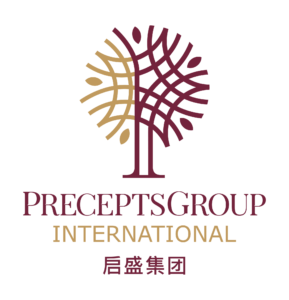When a family member passes away leaving a Will, the appointed Executor will step in to act as the personal representative of the deceased to carry out the wishes under the Will.
“…the executor has the duties to “call in” the estate, i.e. collect and converts the assets into cash and thereafter, to settle all the funeral and testamentary expenses, estate duty, and debts. When the executor completed these duties, he/she has discharged the duties as an executor and steps into the shoes of a trustee. In short, both the executor and the trustee owe a fiduciary duty to the beneficiaries and also to creditors of the deceased’s estate.”
– Lee Yoke San & Another v Tsong Sai Cecilia & Another
[1992] Singapore High Court

Appointing an executor or trustee can be a cumbersome process. One may have to look into the aspects of credibility, accountability and availability of an individual in carrying out the duties of an executor or trustee to gather, transfer and distribute the assets of the deceased. Even after much thought by the Testator (the person who made the Will), the appointed executors may renounce their appointments if they were too busy, unfamiliar with the process or emotionally unable to carry out their duties upon the demise of the testator. The following are some illustrations where appointing a professional trust company is a better proposition than appointing family members as executors and trustees.

Precepts Trustee as a pioneer in estate planning business with its expertise in estate and trust administration will continue to grow and be a leader in this industry in the region. We have regularly received enquiries on the appointment of executorship and trusteeship for the estate of the deceased or living trusts.
Checks and Balance
As a licensed trust company, Precepts Trustee is regulated by the Monetary Authority of Singapore. There are multiple layers of checks and balances in the management of the Estate and Trust monies. There are controls exercised at many levels and all personnel, namely the Estate Officer in Charge, Resident Manager, Accounts Department, Senior Management and Trustee Board. Multiple signatories are required for any pay out from the trust. In contrast, if an individual is the trustee, the risks of misappropriation, mismanagement and fraud are significantly higher. This is especially critical when there are young children, vulnerable or elderly beneficiaries.
Effective Estate Administration Process
Delays in administering the deceased’s estate will attract higher legal fees. A professional trust company has the expertise and responsibility to administer the estate expeditiously. Individual executors may not have the technical knowledge to manage and administer certain estates. For instance, in a recent case Precepts Trustee was appointed as administrator for a deceased’s estate, which involved initiating a legal action against third parties.
This article was first published in our newsletter, The Custodian Issue 7 on October, 2017. Click here to subscribe to our latest newsletter.














